How Hardened Gangsters Got the Cute Name ‘Bugsy’
Once it just meant crazy, now it means criminal.
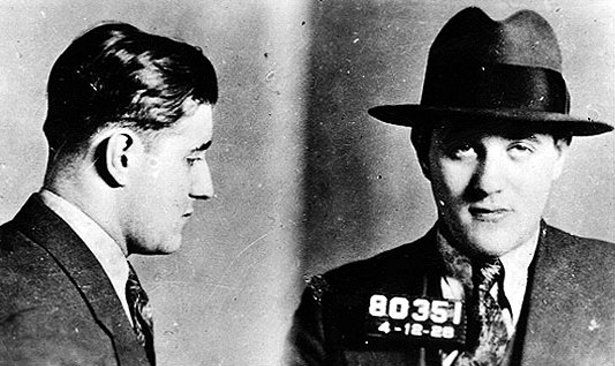
Mobster Bugsy Siegel. Would you call this guy crazy? (Photo: New York Police Department/Public Domain)

“Bugsy” seems like a pretty adorable name for a ruthless mobster, so how did it become so widely associated with grim mafiosos?
From Murder, Inc. founder Bugsy Siegel to more recent criminals like Bugsy Noonan, the silly-sounding name has instilled intimidation and fear among those in the criminal underworld for decades. It’s still a name that is mainly recognized as having criminal connotations in popular media. And it’s all thanks to crazy.
The exact origin of the term is unclear, but it seems to have become popular during the early 20th century. Rather than just having a playful cadence, “bugsy” came from comparisons to someone who’d been driven insane by bugs. To call someone “bugs,” or refer to a person as “bugsy” was to call them crazy, or unstable. Not a bad rap for a criminal looking to create a reputation for violence.
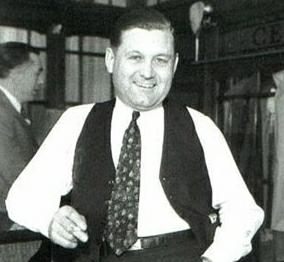
Bugs Moran (Photo: Wikipedia/Fair Use)
Before (and after) Bugsy Siegel got big in the ’30s, there was George “Bugs” Moran, who got his nickname for the same reason his more famous criminal underclassman would get his: for being buggy. Moran started being called Bugs early in his crime career, having been thrown in jail at least three times before he was even 21. It stuck. Bugs Moran is the name by which he is remembered when people discuss his Chicago gang war with Al Capone.
The nickname “Bugsy” really took off in the popular consciousness when it was unofficially given to famous criminal figure Benjamin Siegel. Known for his hair-trigger temper and casually violent enforcement tactics, Siegel got a reputation for being “crazy as a bedbug,” among his fellow gangsters, who were the ones to begin calling him “Bugsy” among themselves.
Unfortunately for his fellow gangsters, Siegel was none too fond of his dangerously playful nickname, and was known to violently lash out at anyone with the gall to use it to his face. Unfortunately for Siegel, it is nearly the only name he is now remembered by, and thanks to him, has become synonymous with gangster toughs from then on. For a classic example, see the 1976 musical comedy Bugsy Malone, which turned a child cast into a singing and dancing version of a criminal underworld.
Outside of hardened criminals, the nickname “Bugs” worked its way into the larger cultural lexicon when a wascally wabbit was given the name Bugs Bunny. While it has been thought that his name was a riff on Bugsy Siegel, it was actually a reference to one of the early Looney Tunes animators, Ben “Bugs” Hardaway, who came by the nickname the traditional way: being a bit crazy.
Even today the nickname “Bugsy” is being used by high-profile hard cases like Bugsy Noonan, son of Dominic Noonan, subject of the 2007 documentary, A Very British Gangster. Calling someone Bugsy still means that they’re crazy, but thanks to all the high-profile gangland nicknames, it’ll probably always imply a bit of underworld influence as well.

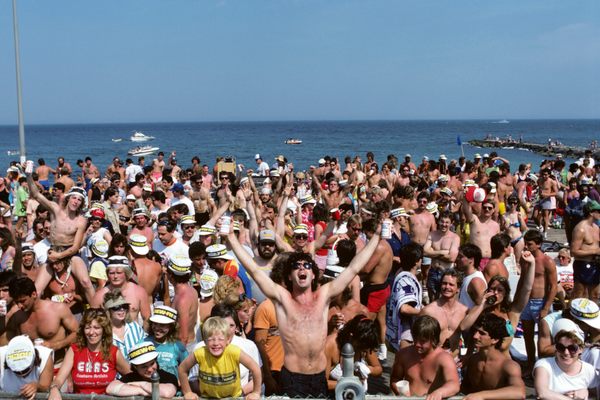
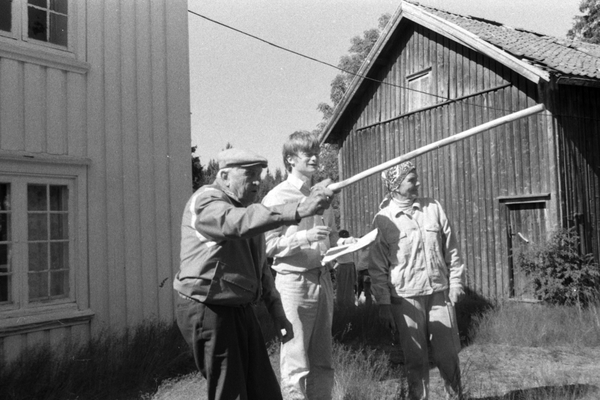
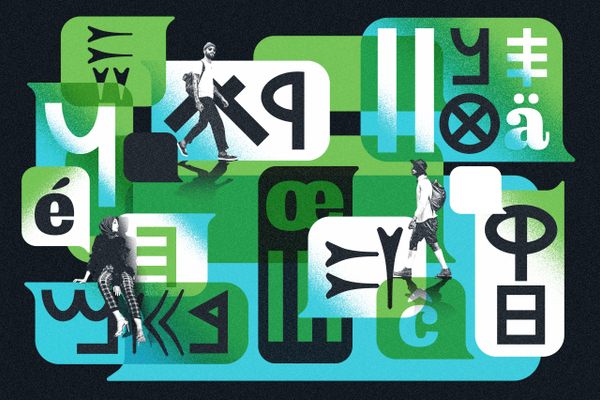
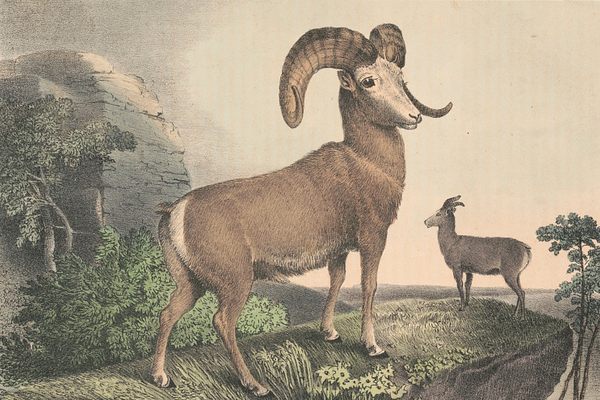




Follow us on Twitter to get the latest on the world's hidden wonders.
Like us on Facebook to get the latest on the world's hidden wonders.
Follow us on Twitter Like us on Facebook